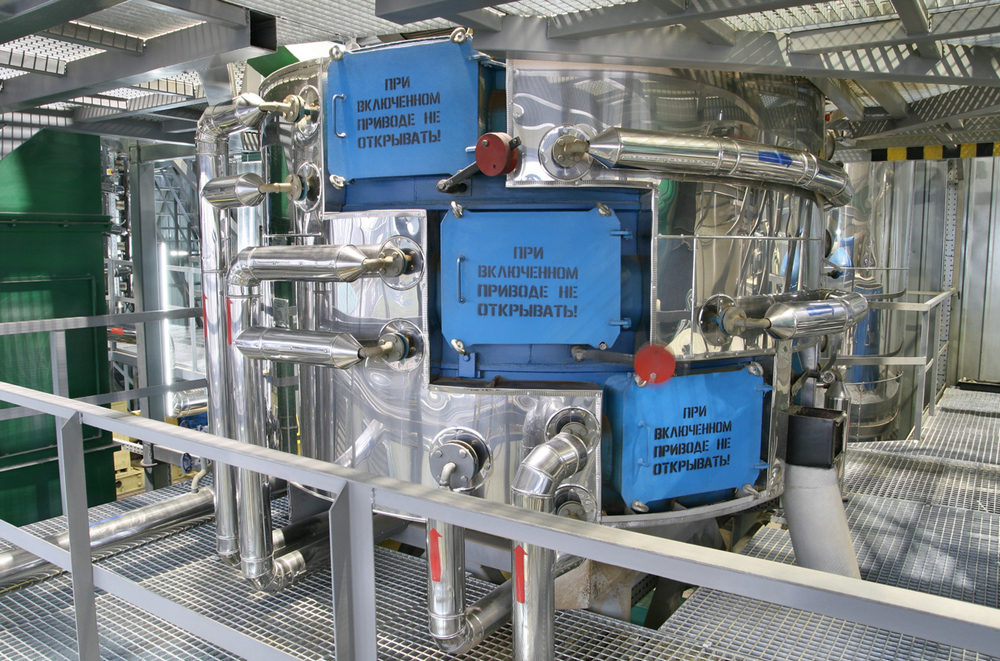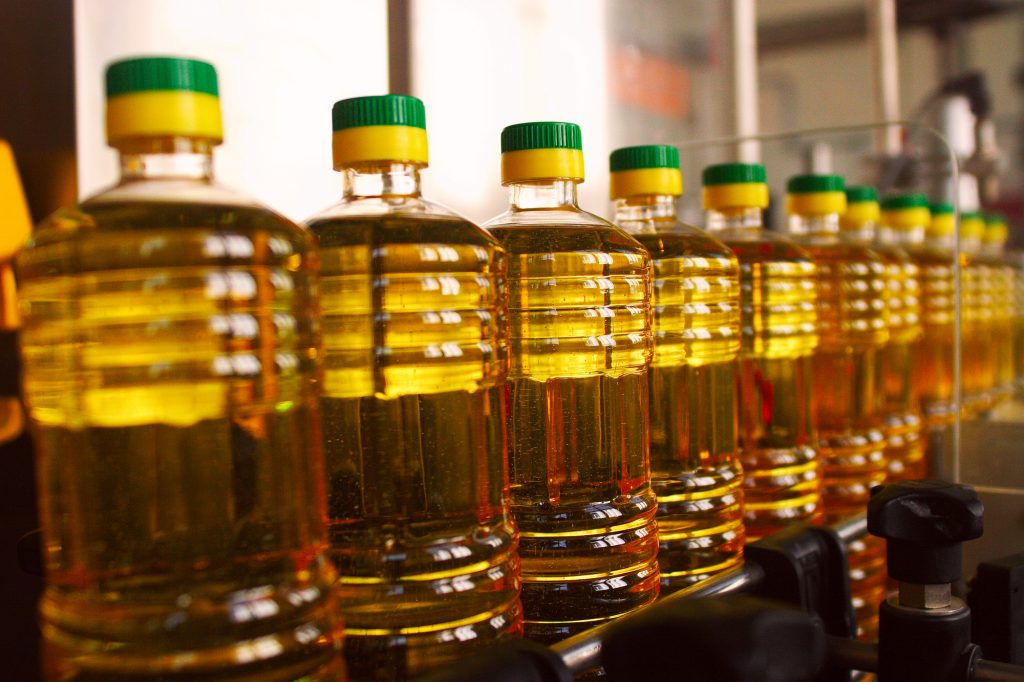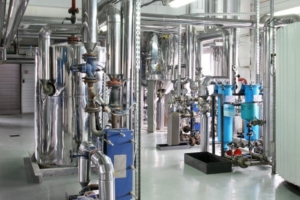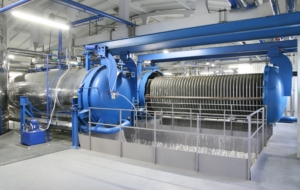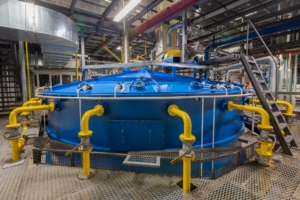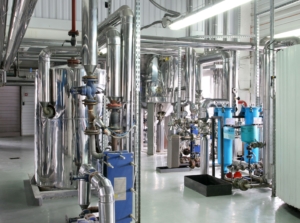How to choose the right roaster for an oil workshop
One of the most important elements in the oil production process is the roaster, which is used to treat the seeds before further extraction of oil. Choosing the right roaster has a significant impact on the productivity of the plant, energy costs, and oil quality.
Requirements for a roaster for an oil shop
A fryer for an oil workshop must meet a number of requirements that ensure an optimal production process and high quality of the final product. Among them, the following can be distinguished:
- Efficiency. The roaster must guarantee uniform heating of the seeds to ensure optimal oil extraction.
- Energy efficiency. Given the large production volumes, the roaster should consume as little energy as possible.
- Reliability and durability. The equipment must be durable and able to operate for a long time without breakdowns or malfunctions.
- Safety. The roaster must meet all safety standards to prevent accidents in the workplace.
- Convenience of operation. The roaster must be easy to use and maintain to ensure the speed and efficiency of the production process.
It is also important that the roaster meets environmental standards, minimizing emissions and environmental impact.
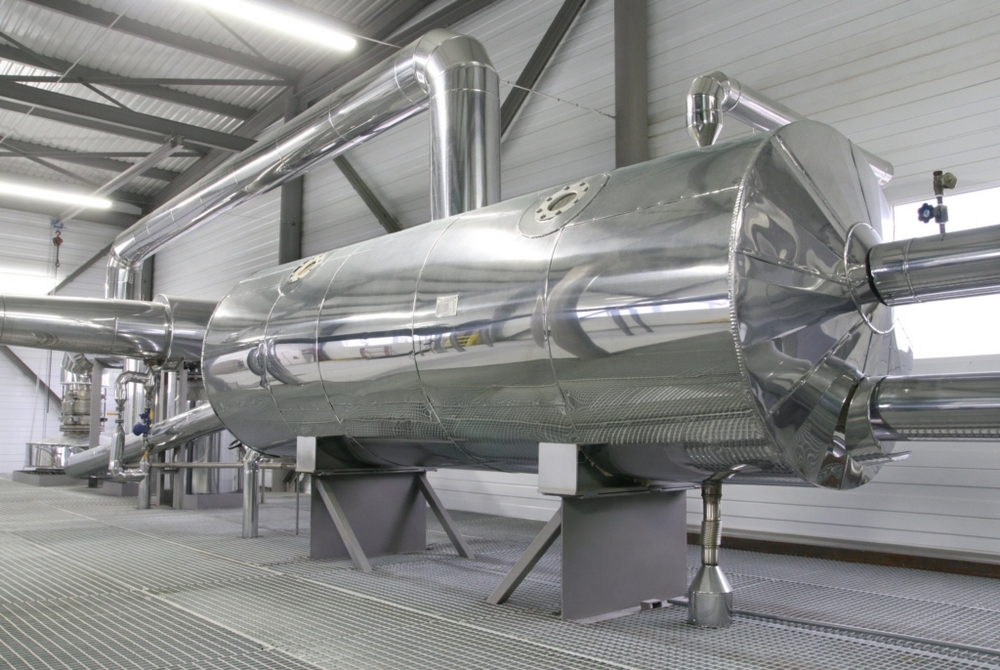
Types of Oil Mill Roasters
Oil mill roasters can be of different types, depending on the technology they use. Here are some of the main types:
- Electric roasters use electricity to heat the seeds. They are not energy efficient as they require a lot of electricity to operate, but they are easy to use, although more expensive than other types.
- Gas roasters use gas as a heat source. They are usually cheaper to operate, but require more maintenance.
- Steam roasters use steam to heat the seeds. They are environmentally friendly and energy efficient, but at the same time more difficult to install and maintain.
- Infrared roasters are very efficient and can provide more uniform heating, but they are usually much more expensive than other types of equipment.
The choice of a specific type of roaster depends on many factors, including the availability of an energy source, budget, maintenance needs and environmental requirements.
Comparison of types of roasters
Let’s consider several key parameters depending on the type of roaster. One of the most important characteristics is the diameter of the tank and the area of the heat exchange surface, which depends on this indicator. LLC “TAN” offers roasters with a tank diameter of 2100 and 3200 mm.
The 2100 mm models have a working pressure of 0.6 MPa and different productivity in tons per day:
- 45;
- 65;
- 90;
- 110;
- 135.
The roasters with a 3200 mm tank have a working pressure of 1 MPa and higher productivity (t/day):
- 115;
- 150;
- 180;
- 240;
- 270;
- 300;
- 400.
Our roasters use steam to heat the raw materials. The outlet temperature is 90-110 °C.
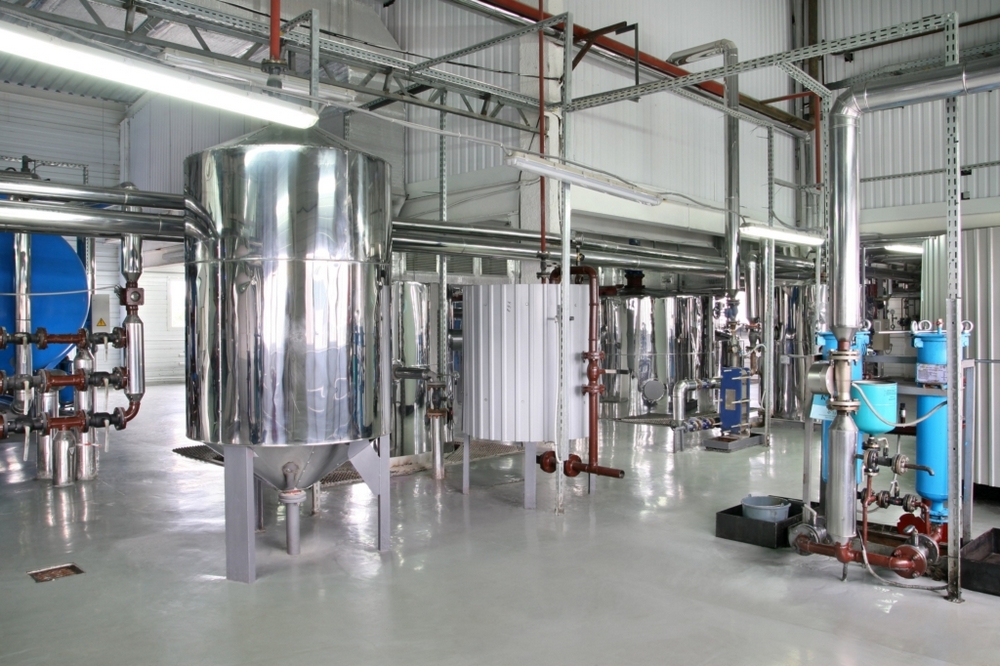
Criteria for selecting a fryer
The choice of a fryer for an oil workshop depends on a number of factors:
- The fryer must have sufficient volume to accommodate the entire volume of raw materials that need to be processed.
- Temperature. The fryer must maintain a specified temperature regime to heat the material to the required temperature and, as a result, obtain high-quality oil.
- Material. The fryer must be made of a material that will not react with the oil and will not emit harmful substances.
- Safety. The roaster must be safe to operate and meet fire safety requirements.
- It is also necessary that the equipment be reliable.
In addition, when choosing a roaster, the following factors must be taken into account:
- If the workshop has high productivity, it is necessary to choose a roaster with a large tank diameter.
- Cost. Roasters can have different costs. It is necessary to choose a roaster that meets the budget. The cost of operation is also an important factor, the roaster must be economical.
Each of these criteria is important and must be taken into account when choosing a roaster for an oil workshop

Conclusion
When choosing a roaster for your oil mill, it is important to consider a number of criteria, including performance, energy efficiency, safety, cost, reliability, durability, and compliance with environmental standards. Each type of roaster has its own advantages and disadvantages, so it is important to carefully analyze all parameters before making a decision.

